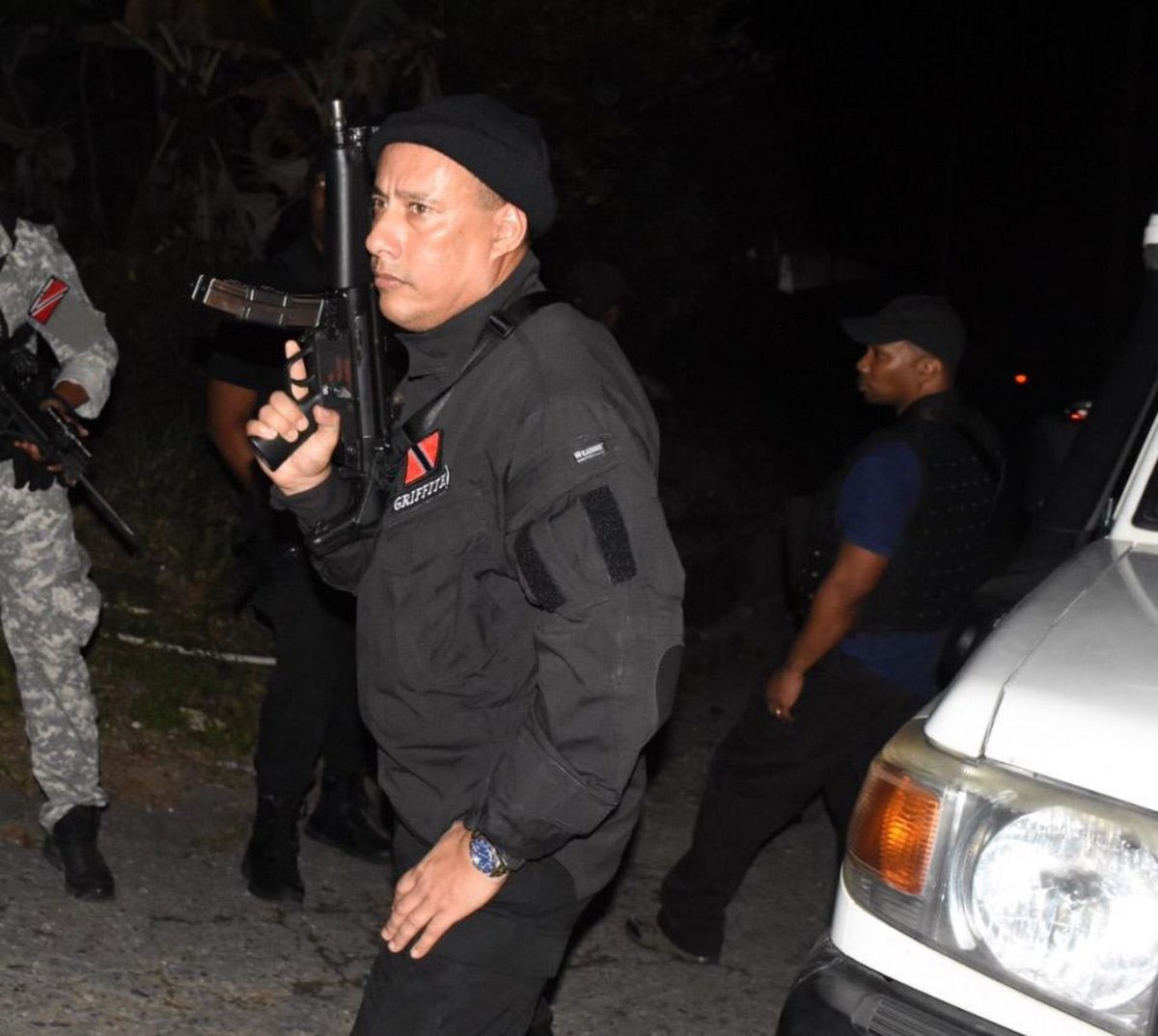(Trinidad Guardian) Police Commissioner Gary Griffith believes that the criminal justice system and politicians who continue to give criminal gangs state contracts are contributing to the country’s growing murder rate and it must stop.
Speaking to Guardian Media yesterday as the first month of 2020 ended with a murder count of 45, Griffith lamented that “it is impossible to win the war on crime when the criminals have the scales of justice tilted towards them.”
Griffith said the police continue to do their job, “we are trying to police a war zone and we are apprehending the enemies of the State and then being told they must get bail.”
According to Griffith, 323 persons were arrested in the last three years by the police for possession of illegal weapons and they were given bail on the first hearing and hundreds of others were given bail after.
“Our reports are that there are more than 800 shooters. Shooters are those gang members who contribute to the vast majority of the homicides in this country. We have been able to successfully apprehend half of the persons who have been instrumental in committing the majority of homicides. It means if our criminal justice system was effective, half of the homicides could have been cut, just like that,” Griffith said.
He is of the view that “had we put these individuals where they belong, the one point three million plus law abiding citizens would have had a better way of life. The needs of the many has to outweigh the needs of the few criminal elements,” Griffith insisted.
Noting that in Barbados like many countries around the world, there are strict laws, “if you are found with a firearm you are given no bail for 24 months,” Griffith lamented that here in Trinidad and Tobago those found with illegal weapons get bail, “you cannot win a war like that,” he warned.
Griffith believes that the growing spate of murders is part of the “social decay” in the country, “this is something that did not happen overnight, we did not move from 100- plus to 500- plus murders overnight. It was over a decade and a half of us accepting wrong-doing and we have moved to a point where politicians started referring to criminal elements as community leaders, politicians facilitating and socialising and accommodating criminal elements.”
Because of Life Sport alone, he said, “seventy people were killed.” Now Griffith said there are two regional corporations which are “virtually run by gangs who are getting most of the contracts. So you have from society persons who hold public office, persons in the criminal justice system have all contributed to this.”
Griffith said the societal decay of the country is reflected when elderly persons are held in cages and young girls become child prostitutes, or persons withhold information from the police to help them find the criminals, when communities burn tyres and protest because the police shoot someone, but when a criminal shoots at the police no one says anything.
“We reach social decay when a man could be held with nine assault rifles and there are persons in the criminal justice system who can say those are components of a firearm and not a real firearm and that person should be given bail, not understanding that the components when assembled could kill over 500 people. That is the social decay we have reached to,” he said.
He is of the view that in addition to fighting a decaying social system, he sometimes feel as if they are also fighting the legal system, “there are people who are just ignorant to understanding what is required, they want us to fight a war but feel the rights of criminals must have precedence over the rights of law abiding citizens,” he said.
Griffith said players in the criminal justice system need to get on board in the fight against crime, “we caught 323 shooters, we played our part, only to hand them over to individuals who just bring them back on the streets to kill again. Many of these persons who were held they came back out on the streets to do their job.”
“When persons are killed they blame the police,” but Griffith said “our job is up until the arrest, if it is there is a flaw in the criminal justice system don’t blame us. We have done our job by arresting over half of the alleged shooters,” he said.
The top Cop said he will continue “to fight and put pressure on the relevant authorities to do their job, do what is right.”
Despite voices of opposition to what he is doing, Griffith said he intends to continue to “fight for the law abiding citizens of this country. I will be fought down, there are certain elements who have their fangs within certain institutions and they will attack me with full force, because crime pays.”
But he says the days are “numbered” for the criminal element. “Crime pays but eventually their paycheck is going to bounce,” Griffith said.
Griffith is also urging the country to “stand up and put pressure on the few who continue to support, aid and abet criminal elements.”





